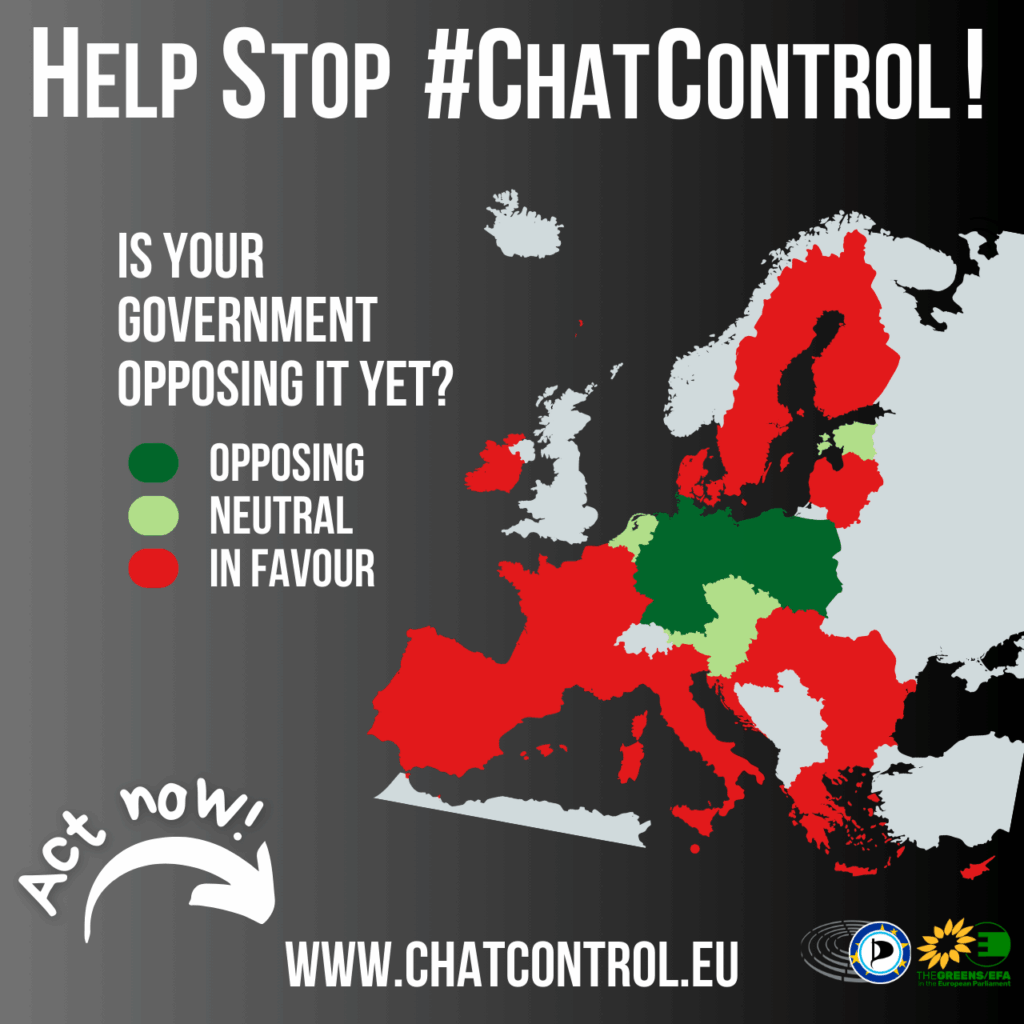🎂 The creator of Telegram turns 41 — but he’s not in the mood to celebrate.
Pavel Durov, one of the most prominent and independent figures in the digital world, stated on his birthday that the era of the free internet is coming to an end.
In his post on X (formerly Twitter), he wrote:
“I’m turning 41 today, but I don’t feel like celebrating. Our generation is running out of time to save the free internet built for us by our fathers.”

According to Durov, governments are increasingly turning the internet — once a space of freedom and ideas — into a tool of surveillance and control.
He listed several “dystopian” initiatives already being implemented in different countries:
“Germany prosecutes anyone who dares to criticize officials online. The UK jails thousands of people for their tweets. France investigates tech leaders who defend privacy. The world is becoming a dark, dystopian place — and very fast,” Durov emphasized.

He warned that if this process is not stopped now, “our generation will go down in history as the last one that had freedom — and allowed it to be taken away.”
What’s happening with the Chat Control law
This very bill has become the center of controversy in Europe. The document was scheduled to be voted on in the European Parliament next week.
Its essence — to oblige messengers (Telegram, WhatsApp, Signal, etc.) to provide access to user messages before encryption.
Critics warn: if the law passes, the concept of “private correspondence” will disappear entirely.

A number of European politicians have already opposed Chat Control.
Germany’s position is particularly crucial — with 97 seats in the European Parliament, its vote could be decisive.
Signal president Meredith Whittaker stated:
“Even if Germany has spoken against it — the war isn’t over. Any attempt to weaken encryption creates a dangerous backdoor. You can’t build a ‘door’ that only good guys can walk through.”
Digital IDs: a new form of total control
Equally alarming is the plan announced in September by UK Prime Minister Keir Starmer — the launch of the Digital ID Scheme.
According to the project, citizens will need to verify their identity to access government services, get a job, or even rent a home.

The government explains this as a matter of safety and convenience, but critics see a threat to privacy.
More than 2.8 million people have already signed a petition against the initiative, fearing that “one day a digital passport will become a ticket to basic rights.”
“If the state controls your digital identity — it controls your life,” opponents of the scheme write.
Australia: age filter for the internet
Starting December 10, Australia is introducing age restrictions — children under 16 will be banned from using social networks.
To enforce this, the government is developing an online age verification system, which also requires storing personal data.

Officially, the measure aims to protect teenagers, but lawyers and human rights advocates warn:
“Any database storing millions of passports will eventually become a target for leaks or abuse.”
Symbolically, Durov speaks about this on his birthday
The creator of Telegram, who has resisted government pressure for a decade, once again plays the role of the last idealist of the digital age.
He reminds us that the free internet is not a technical project, but a civilizational achievement — and once it’s destroyed, it cannot be rebuilt.
🔍 “We risk waking up in a world where every message is read, every action tracked, and where the word ‘privacy’ exists only in dictionaries,” Durov concluded.
All content provided on this website (https://wildinwest.com/) -including attachments, links, or referenced materials — is for informative and entertainment purposes only and should not be considered as financial advice. Third-party materials remain the property of their respective owners.


